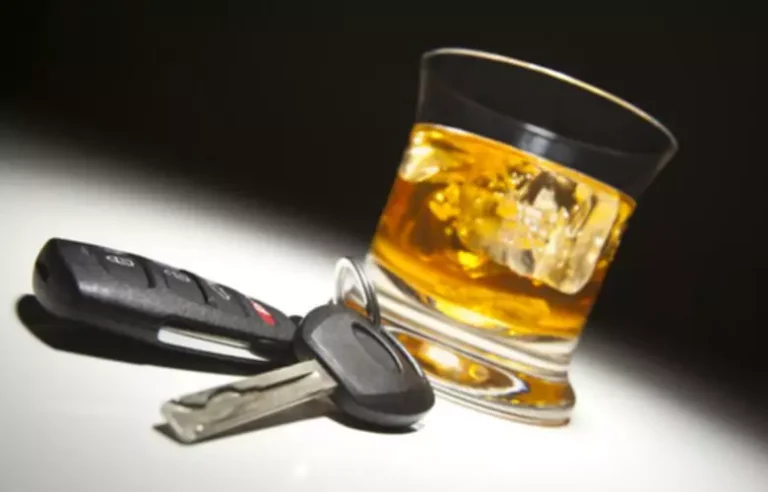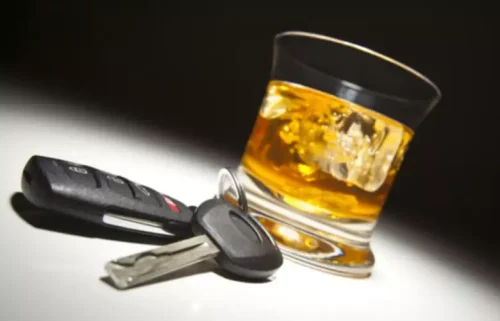
This episode of The Verywell Mind Podcast, featuring addiction specialist Erica Spiegelman, shares the skills that help in recovery. John C. Umhau, MD, MPH, CPE is board-certified in addiction medicine and preventative medicine. For over 20 years Dr. Umhau was a senior clinical investigator at the National Institute on Alcohol Abuse and Alcoholism of the National Institutes of Health (NIH). Remember, everyone’s journey is unique, and it is important to find strategies that resonate with your long-term recovery goals. Issues in relationships, such as conflicts, broken connections, or lack of support, have a significant impact on emotional well-being.
Maintain a Support System
Emotional distress serves as a triggering types of relapse triggers factor for relapse among individuals in recovery from addiction. It is crucial to acknowledge the significant impact of emotional distress and establish efficient strategies for coping with it. Some examples of high-risk situations include being around substances, such as parties, bars, or environments where drugs or alcohol are accessible. Emotional distress, such as stress, anxiety, or depression can also lead to relapse. High-risk situations increase relapse likelihood for individuals in recovery.
Avoiding High-Risk Situations

Coping methods learned in therapy and through recovery work help people remain grounded while processing these feelings in a more positive way. By being able to successfully process issues, the craving for the escapism of substance abuse is reduced significantly. The only solution to stress is a combination of preventive self-care methods and employing coping skills whenever you start to feel overwhelmed. The HALT acronym is one that many people in recovery are familiar with. It is important because in early recovery, individuals are often only just starting to ‘feel’ again. It can be easy to confuse some of these new feelings, such as hunger, with a craving.
Mental Relapse
While some people may not understand your actions, over time they will have to learn how to respect your choices. If recovery is your priority, then making sure you avoid becoming too hungry, angry, lonely, or tired will also need to become priorities. This may mean planning meals, sticking to a strict sleep schedule, and attending support groups. The acronym HALT is used to describe high-risk situations for those in recovery. When you are aware of this you can be vigilant in preventing yourself from entering those states.


By identifying specific situations, emotions, or people that increase the risk of relapse, individuals can develop strategies to manage these triggers. This may involve coping mechanisms like relaxation techniques or healthy distractions to handle cravings or emotional distress. Discover the most influential factors that can lead to relapse and hinder recovery.
- Pause first when you experience these states and find ways to deal with them without turning to substances.
- A relapse prevention plan is an essential tool in sustaining sobriety and avoiding setbacks in the recovery journey.
- It is important to learn how to be comfortable with uncomfortable feelings and emotions.
- Discovery Institute also offers individual therapy, coping skills development and implementation of recovery support groups such as Alcoholics Anonymous and Narcotics Anonymous.
- A break in the routine may leave periods of isolation where patients may be inclined to use substances.
Objects: Things That Can Trigger Relapse

Write down things that have helped you stay sober on your recovery journey. Positive coping skills include attending support groups, exercising, journaling, and eating healthy foods to minimize intense cravings. A relapse prevention plan is essential for recognizing warning signs and ensuring sobriety.
- After all, relapse doesn’t mean you have failed; it means you need more support and treatment.
- The brain registers these stimuli and processes them in the same areas involved in drug-seeking behavior.
- If you fear you are at imminent risk of relapsing, contact them immediately.
- Your meetings, your counseling, and your positive coping practices are just as important as ever as you climb the career ladder.
It’s important to make a list of people, places and things that are significant triggers for you so you can avoid putting yourself in a situation that may support relapse. One challenge is dealing with the multiple physical and emotional cues that arise and create a desire in an individual to pick up a drink or the substances they are trying stay away from. These cues are more commonly known as “triggers,” and they may take completely different forms from person to person. This could include hanging around with others who are actively using drugs or abusing alcohol.
